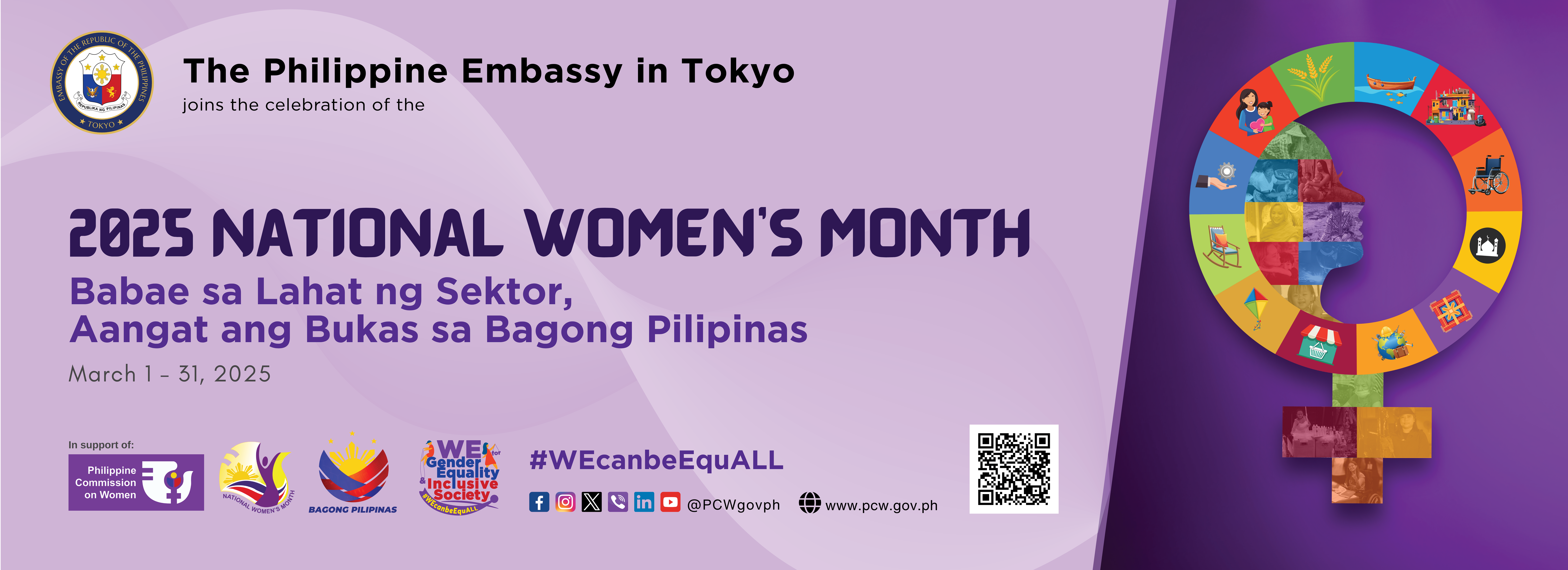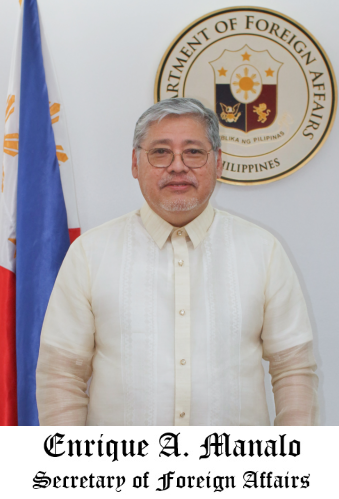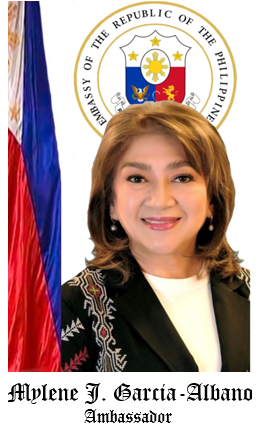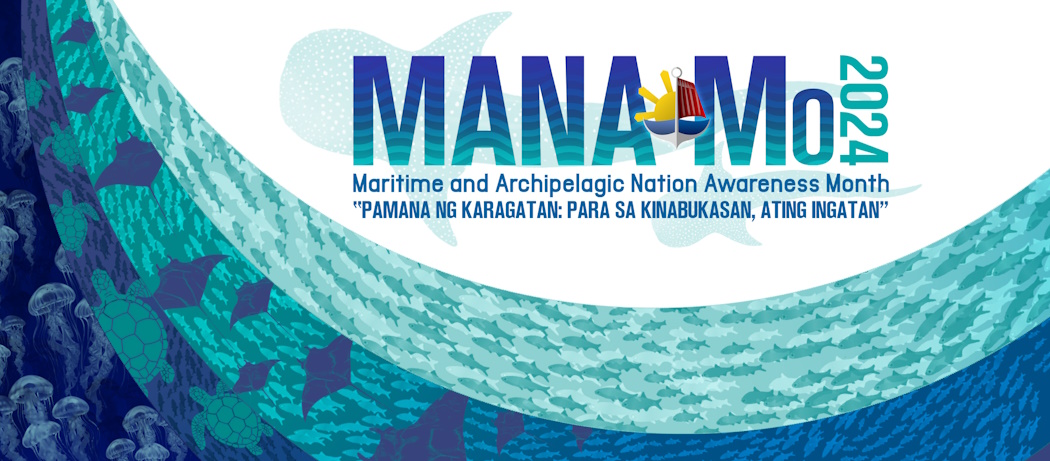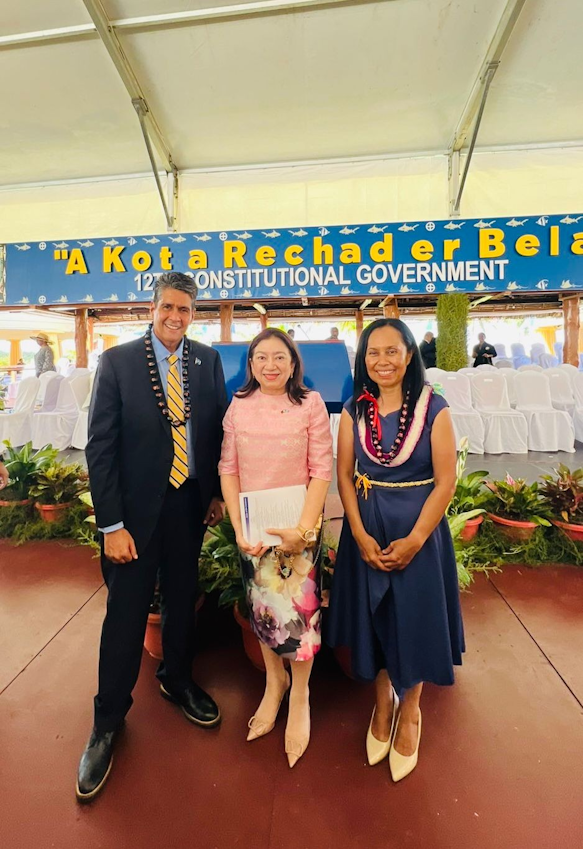Latest Posts
 Sentro Rizal-Tokyo Features “Narratives of Time: Weaving Stories Into Watchmaking”
Sentro Rizal-Tokyo Features “Narratives of Time: Weaving Stories Into Watchmaking”
Friday, 28 March 2025
 Philippine Embassy in Japan Recognizes PMA Cadet’s Graduation From Japan’s National Defense Academy
Philippine Embassy in Japan Recognizes PMA Cadet’s Graduation From Japan’s National Defense Academy
Friday, 28 March 2025
 Philippine Embassy Hosts “Japan Through Diplomat’s Eyes” Promotional Meeting For 2nd Consecutive Year
Philippine Embassy Hosts “Japan Through Diplomat’s Eyes” Promotional Meeting For 2nd Consecutive Year
Sunday, 23 March 2025
 Visit of Philippine Agriculture Secretary Strengthens Agricultural Cooperation and Trade with Japan
Visit of Philippine Agriculture Secretary Strengthens Agricultural Cooperation and Trade with Japan
Monday, 17 March 2025
 Philippine Ambassador Hosts Media Dialogue on Philippine Pavilion at World Expo 2025
Philippine Ambassador Hosts Media Dialogue on Philippine Pavilion at World Expo 2025
Tuesday, 11 March 2025
More inPress Releases

